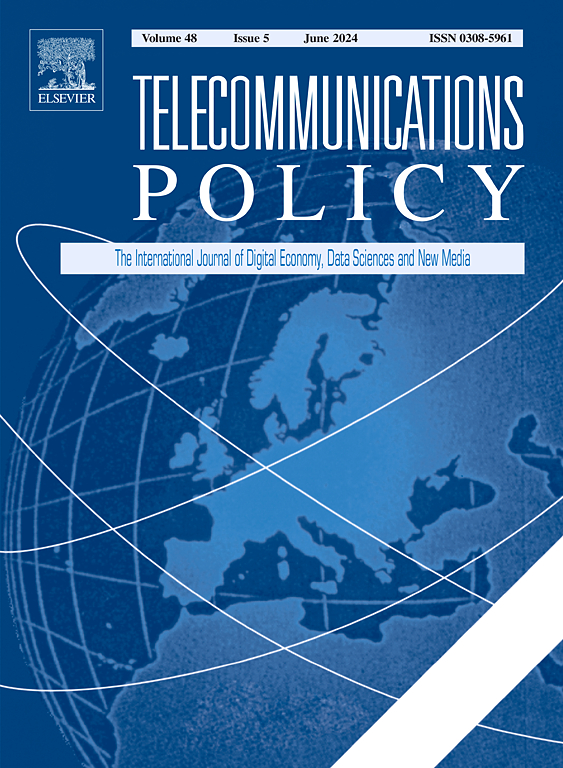Framing metaverse identity: A multidimensional framework for governing digital selves
IF 6.4
2区 管理学
Q1 COMMUNICATION
引用次数: 0
Abstract
This paper proposes a multidimensional framework for Metaverse Identity, addressing its definition, guiding principles, and critical challenges. Metaverse Identity is conceptualized as a user’s digital self, encompassing personal attributes, data footprints, social roles, and economic elements. To elucidate its core characteristics and implications, this framework introduces two guiding principles: Equivalence and Alignment and Fusion and Expansiveness. The first principle advocates for consistency between metaverse and real-world identities in behavioral norms and social standards, ensuring rights protection and establishing conduct guidelines. The second emphasizes the deep integration and transformative evolution of metaverse identities, enabling them to transcend real-world constraints, meet diverse needs, and foster inclusivity. Together, two principles serve as complementary pillars, balancing ethical integration with dynamic co-evolution. Building on this foundation, the study identifies five critical challenges: interoperability, legal boundaries, privacy and identity management, risks from deepfakes and synthetic identities, and identity fragmentation impacting psychological well-being. To address these challenges, strategic recommendations are offered to guide stakeholders. By constructing this framework, the study fills a key theoretical gap, advances systematic research, and provides a foundation for policies and governance strategies to address the complexities of metaverse identities in a rapidly evolving digital domain.
构建虚拟身份:管理数字自我的多维框架
本文提出了一个多维元身份框架,解决了它的定义、指导原则和关键挑战。虚拟身份被定义为用户的数字自我,包括个人属性、数据足迹、社会角色和经济元素。为了阐明其核心特征和含义,该框架引入了两个指导原则:等效和对齐以及融合和扩展。第一项原则主张在行为规范和社会标准中保持虚拟身份与现实身份的一致性,确保权利保护并制定行为准则。第二部分强调了虚拟身份的深度整合和变革演变,使它们能够超越现实世界的限制,满足多样化的需求,并促进包容性。这两个原则作为互补的支柱,平衡了伦理整合与动态共同进化。在此基础上,该研究确定了五大关键挑战:互操作性、法律界限、隐私和身份管理、深度伪造和合成身份的风险,以及影响心理健康的身份碎片化。为了应对这些挑战,提出了战略建议,以指导利益攸关方。通过构建这一框架,本研究填补了一个关键的理论空白,推进了系统研究,并为在快速发展的数字领域中解决元身份复杂性的政策和治理策略提供了基础。
本文章由计算机程序翻译,如有差异,请以英文原文为准。
求助全文
约1分钟内获得全文
求助全文
来源期刊

Telecommunications Policy
工程技术-电信学
CiteScore
10.80
自引率
12.50%
发文量
122
审稿时长
38 days
期刊介绍:
Telecommunications Policy is concerned with the impact of digitalization in the economy and society. The journal is multidisciplinary, encompassing conceptual, theoretical and empirical studies, quantitative as well as qualitative. The scope includes policy, regulation, and governance; big data, artificial intelligence and data science; new and traditional sectors encompassing new media and the platform economy; management, entrepreneurship, innovation and use. Contributions may explore these topics at national, regional and international levels, including issues confronting both developed and developing countries. The papers accepted by the journal meet high standards of analytical rigor and policy relevance.
 求助内容:
求助内容: 应助结果提醒方式:
应助结果提醒方式:


